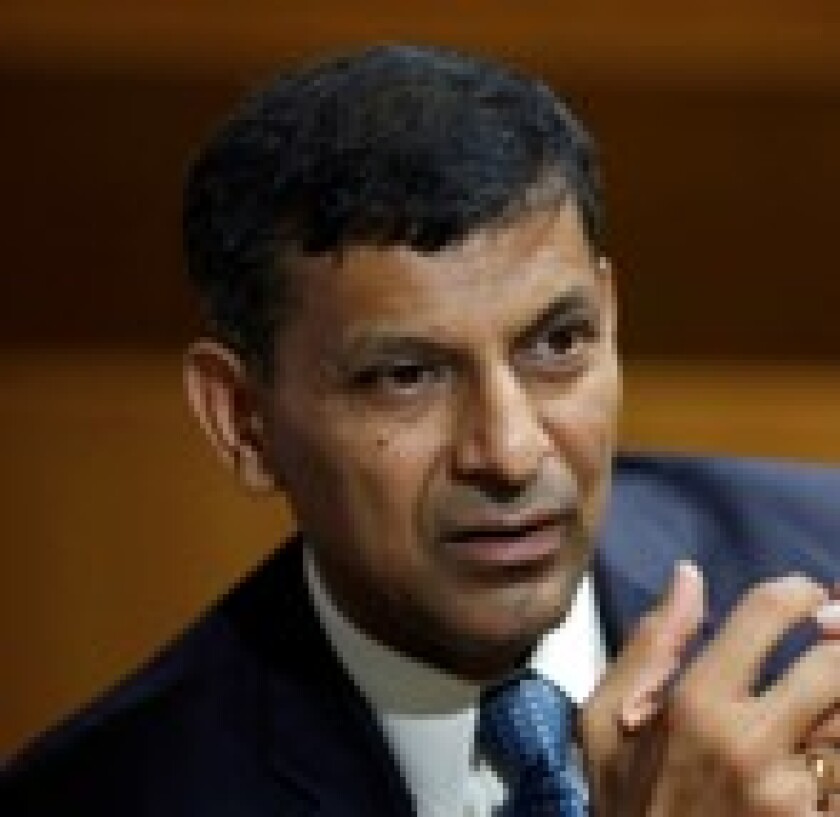
India’s standing on the global stage has fallen as China steals all the focus, according to Raghuram Rajan, former governor of the country’s central bank. But in an interview with GlobalMarkets the former IMF chief economist insisted it was too early to write-off the south Asian country just yet, so long as reform was top of the government’s agenda.
“In general, India has slipped off to some extent, as China has become more front and centre,” said Rajan. “And even though India is growing faster than China, China has more attention as it is bigger. But the promise from India has been: ‘we will do the right things to become another China’.
“That’s the reason people had faith in India, as the population is similar to China and the hope was that India will follow that path. In the last few years, that hasn’t panned out.”
Rajan acknowledged that there was a substantial amount of foreign direct investment coming into India, but said the country still needed to do more to find opportunities and reach its potential.
“It’s not appropriate to write off India, but India needs to be doing more than beat its breast and say it’s the largest and fastest growing economy in the world,” he said. “That doesn’t cut it. We need to actually show growth that’s consistent with our potential, and that needs far more reform within India than what they are doing right now.”
RETROGRADE POLICIES
Reza Siregar, the Institute of International Finance’s head of India and ASEAN research, pointed to the example of rising non-performing loans and corporate governance issues facing India’s state-owned banks, which had triggered a round of consolidation recently.
While Siregar said mergers and acquisitions between state-owned banks was a good start, merging weak banks with one another without further reforms was unhelpful. He told GlobalMarkets that regulators needed to first focus on regulating lending, before setting their sights on restructuring the cost structure in large public banks.
Siregar also pointed to divestments of state-owned assets, which had failed to take off despite attempts by India to sell companies, including high-profile indebted state carrier Air India. “When you are divesting any company, you need to recognise how to categorise the assets. [The] Air India sale should have been direct as India has a captive market, but unless you’re allowing the asset to be restructured and written off, then the cost of taking over is not attractive enough.”
Rajan said that India needed to carry out far more ambitious reforms. Relative to expectations held out for India over the last eight to 10 years, the country had underperformed across the different political regimes, he said.
“This government has often touted ‘Make in India’ as its ambition so its intent has never been to become more internally focused,” he said. “We are seeing some retrograde policies coming back in the world, but in India, the reforms needed to make its ambitions possible have simply not played out.”
